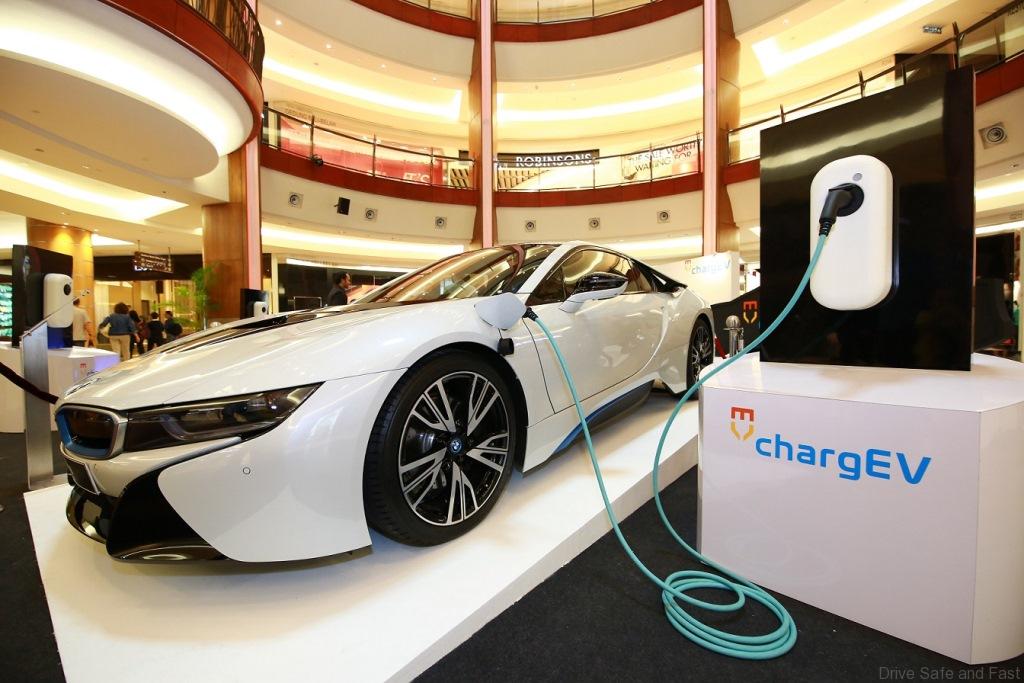Is the government’s plan to install 10,000 chargers by 2025 a bit too far fetched?
After years of half-hearted efforts to incentivise electric vehicle sales in Malaysia, the government has finally stripped excise and import duties off these types of cars. Now, certain EV cars are much more competitive against their premium petrol rivals. In fact, many of these EVs are already sold out just a few weeks after launch. There’s clearly demand for electric vehicles in Malaysia when the price is right, but the infrastructure must develop with this demand.
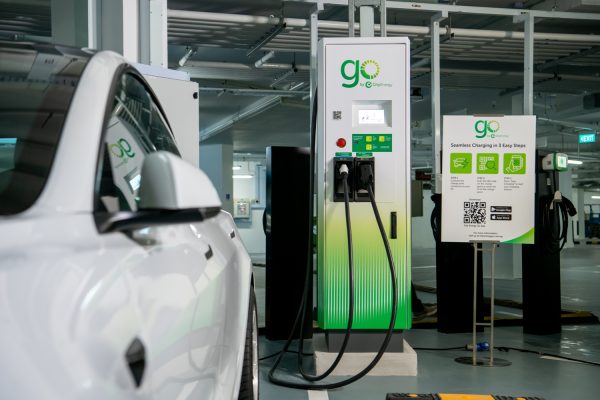
Back in March, the government said that they’d collaborate with the private sector to install some 10,000 electric vehicle chargers by 2025. Right now, the government estimates that there are around 600 EV stations scattered around the country. Going from 600 to 10,000 in three years is pretty ambitious and hard to believe when you remember that the government-linked Greentech (now called the Malaysia Green Technology Corporation) had once promised 25,000 EV charging stations by 2020 back in 2015. They fell short of this lofty goal by… 24,400 chargers.
So the first problem is that there’s no proven track record of keeping promises by this government agency.
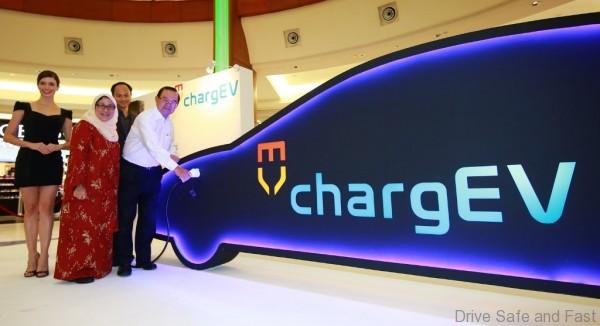
The second problem is this: how many of these chargers are going to be DC Fast Charging stations and what will that cost? Most markets where electric vehicles are really taking off in a meaningful way have urban centres with a relatively high concentration of publicly available DC Fast Chargers. These aren’t FREE to use, but they are not walled-off for certain brands only.
Let’s assume the government’s plan is for 10% of the 10,000 promised EV charging stations to be DC Fast Charging stations.
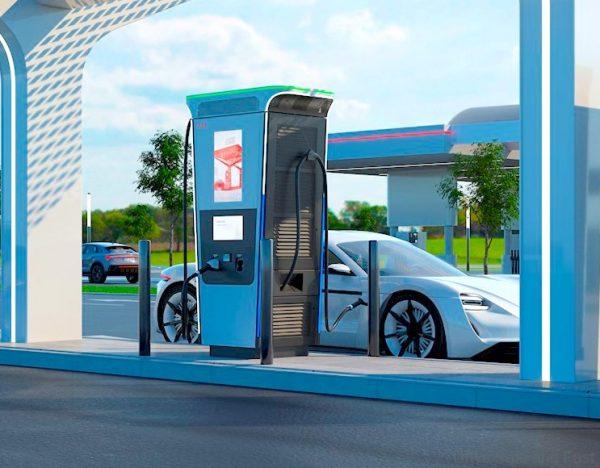
Assuming a modest 10% of those chargers will be DC Fast Charging stations, we have to ask how much it will cost.
22kW AC Fast Chargers are relatively inexpensive. ABB, a reputable OEM, will install a 22kW Charger for just over RM5,000. They even have an official Shopee store to make ordering one easy. So let’s say 9,000 AC Chargers are installed. That’s an investment of RM45 million.
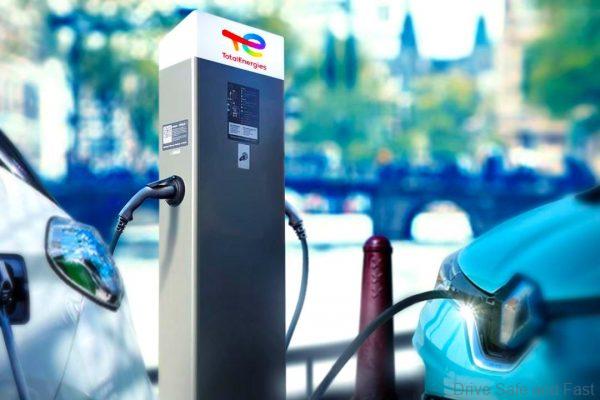
DC Fast Chargers are a whole other animal. They’re not something consumers can buy off shopee so getting accurate pricing is tough. Some estimates in US dollars put even 50kW DC Fast Chargers at around US$28,000. That’s RM122,000 per charger and RM122 million for just 1,000 of these.
The third problem is a more complex one. How much political will there to get electric cars on the road?
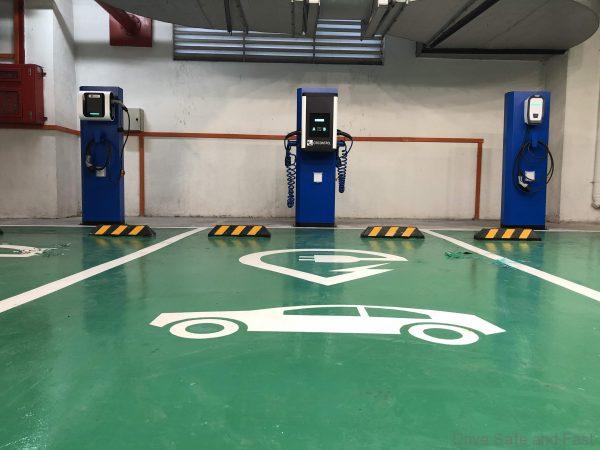
Can the Malaysian government convince enough private parties to invest this amount of money into charging? Will TNB continue to offer subsidised coal and natural gas derived energy to keep the whole EV game rolling. Will the government be able to sustain FULL excise and import duty exemptions on EV cars? Will the industry be able meet the demand for EV cars? Is there a business case for making EVs mainstream in Malaysia beyond just selling them? Will charging continue to be free or subsidised for long?

Our prediction is that this 10,000 charger thing is not going to happen. There will be a lot of premium EVs sold thanks to the tax exemptions, but these will be the 2nd or 3rd car of someone who owns a fleet of other petrol vehicles. He or she will continue to charge their EV at home most of the time.


